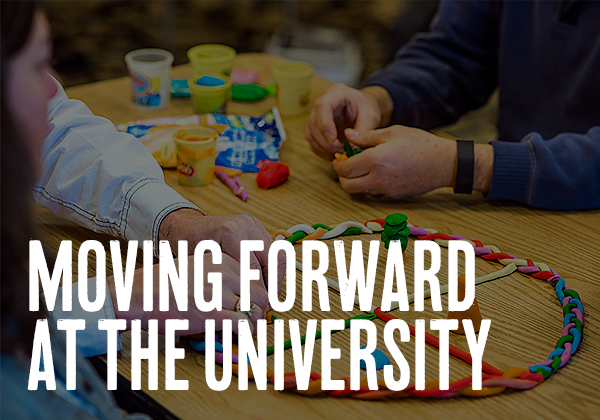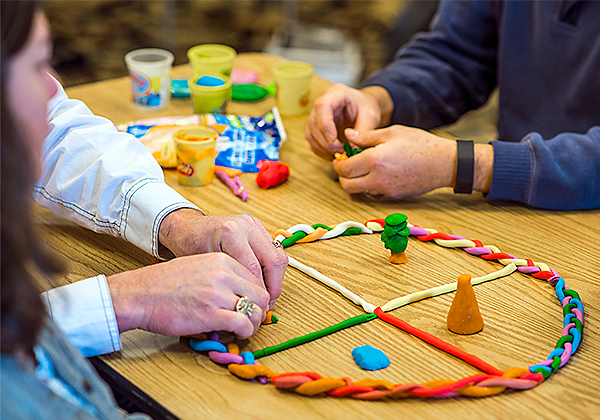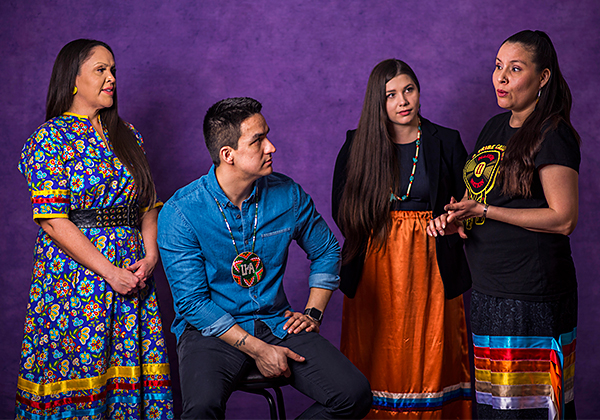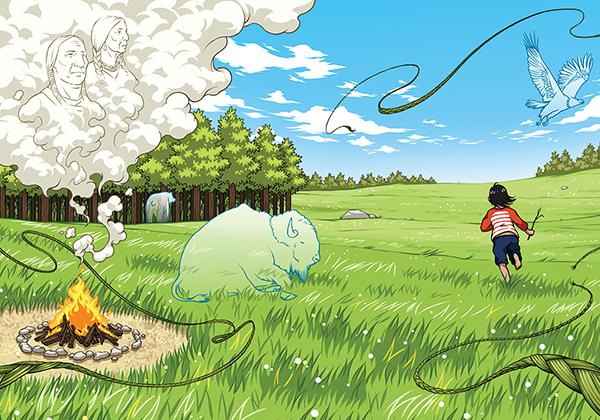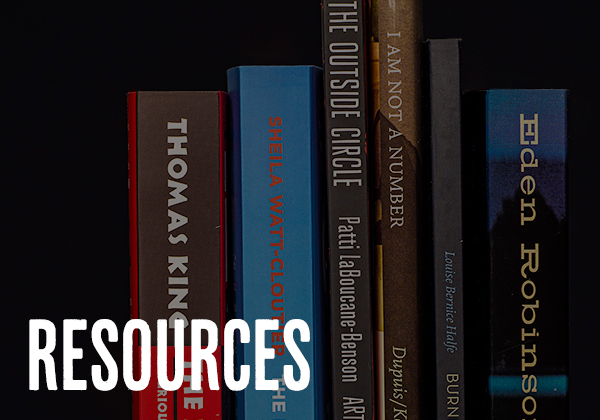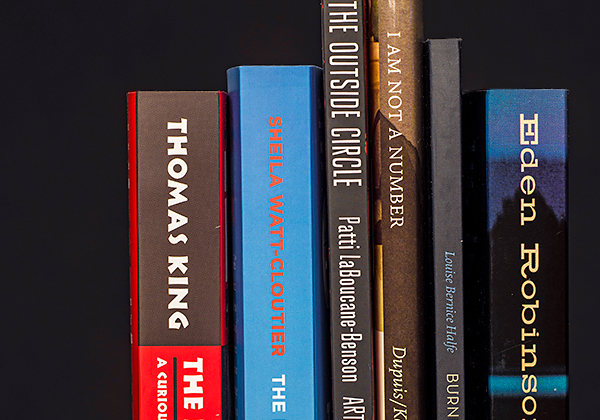
More than 150,000 children were removed from their homes. The government wanted to 'civilize' them. The church wanted to 'save' them. What really happened to Indigenous people has been Canada's shameful secret for more than 150 years. In the wake of the Truth and Reconciliation Commission's report on residential schools, we are only just starting to come to terms with Canada's true history.
How Did This Happen Here?
Understanding the history of Canada's residential school system is not just looking backward; it's an essential part of learning how to move forward together.
At some point, you inevitably ask yourself - what if it were me?
If the RCMP came knocking at my door. If it was me they told, "Surrender your child or go to jail." If I had to watch her put on a train, scared and alone, with all the other children who were scared and alone? If I knew that when she arrived they would cut her hair, strip her naked and delouse her with kerosene? That she would be stripped of her name, too, and reduced to a number?
How helpless would I feel knowing I couldn't protect her? Or would I even know that the people I'd trusted to care for my child would hit her and punish her in countless other ways that could only be called abuse. That she might be dragged from her bed late at night and raped. That she would learn to be ashamed of her family. Ashamed of herself.
And if she died there, where nobody cared or consoled or hugged her, they would keep her body, too, because it was too expensive to send her home to be buried next to her ancestors.
What if it were my child? (continued)
The truth is hard to hear. Even if you know about Canada's residential school legacy, the scope of what happened is difficult to grasp. For more than a century and a half the federal government methodically removed First Nations children from their families with the intention of stamping out Indigenous culture. The residential school experience was different for Métis and Inuit people, but that doesn't mean it was better. The truth - of how bad it was, how widespread, how recent, how intentional it was - still comes as a surprise. "How did we not know this?" is a recurring question. "How did this happen here?"
For seven years, the Truth and Reconciliation Commission of Canada - including Treaty 6 Grand Chief Wilton Littlechild, '67 BPE, '75 MA, '76 LLB, '07 LLD (Honorary) - travelled the country listening to survivors and uncovering the facts. In 2015, the TRC released its final report, laying out some of the hard truths you just read about. The commission issued 94 calls to action, essentially asking every person in this country: Now that you know, what are you going to do about it?
Many Canadians are wrestling with that question. At New Trail, we felt a responsibility to tackle this topic, but when we looked around the table we had to ask, Who are we to take on this story? All we saw were non-Indigenous faces. We were eager to do something and willing to ask for guidance but also terrified that we would ask the wrong questions or accidentally cause offence.
In the piece How We Can Work Together, Fay Fletcher, '84 BPE, '94 MSc, '04 PhD, talks about that paralysis and how to move past it. Fletcher and Pat Makokis, '79 BEd, served as our main consulting editors for this issue. The pair have worked together for years, Indigenous woman alongside non-Indigenous woman, to educate people from both worlds about reconciliation. (Hear more from Makokis and Fletcher on How We Can Work Together.)
The first thing Makokis did was invite us to take part in a sweat lodge. That was our first lesson: everything important begins with ceremony. We have sought to give you the same experience, launching these stories with the words of an elder ('We need to work together. That's how it was meant to be'). He asks you to open your mind to a different understanding of history.
Littlechild, too, has called on Canadians to be open and to "be willing to accept that these things happened." These truths are hard to hear and sometimes hard to believe. They don't just force you to question what you thought you knew - they force you to question who you are. They lead you to more questions.
Makokis, Fletcher and others we spoke with welcomed us into this conversation, and this issue of New Trail is your invitation to be part of it, too. We know some of you are well-informed on this topic while others haven't really given it much thought. That's OK - there's room here for everyone. In fact, it's a conversation that needs all of you. All of us.
"It's a head-to-heart journey," Makokis often tells us, and it's true. Once you learn the truth of what happened to those children in Canada's residential schools, and the legacy of shattered families, your heart can't help but be moved. Then, at some point, you inevitably ask yourself, "What if it were my child?"
And that is the first step.
'Why Can't You Just Get Over It?'
"Many people have said over the years that I've been involved in the work of the Truth and Reconciliation Commission, 'Why can't you just get over it and move on?' And my answer has always been: 'Why can't you always remember this?'
"Because this is about memorializing those people who have been victims of a great wrong. Why don't you tell the United States to 'get over' 9/11? Why don't you tell this country to 'get over' all of the veterans who died in the Second World War, instead of honouring them once a year?
"Why don't you tell your families to stop thinking about all of your ancestors who died? Why don't you turn down and burn down all of those headstones that you put up for all of your friends and relatives over the years? It's because it's important for us to remember. We learn from it.
"And until people show that they have learned from this, we will never forget. And we should never forget, even once they have learned from it, because this is a part of who we are. It's not just a part of who we are as survivors and children of survivors and relatives of survivors, but it's part of who we are as a nation. And this nation must never forget what it once did to its most vulnerable people."
- Sen. Murray Sinclair, chair of the Truth and Reconciliation Commission




